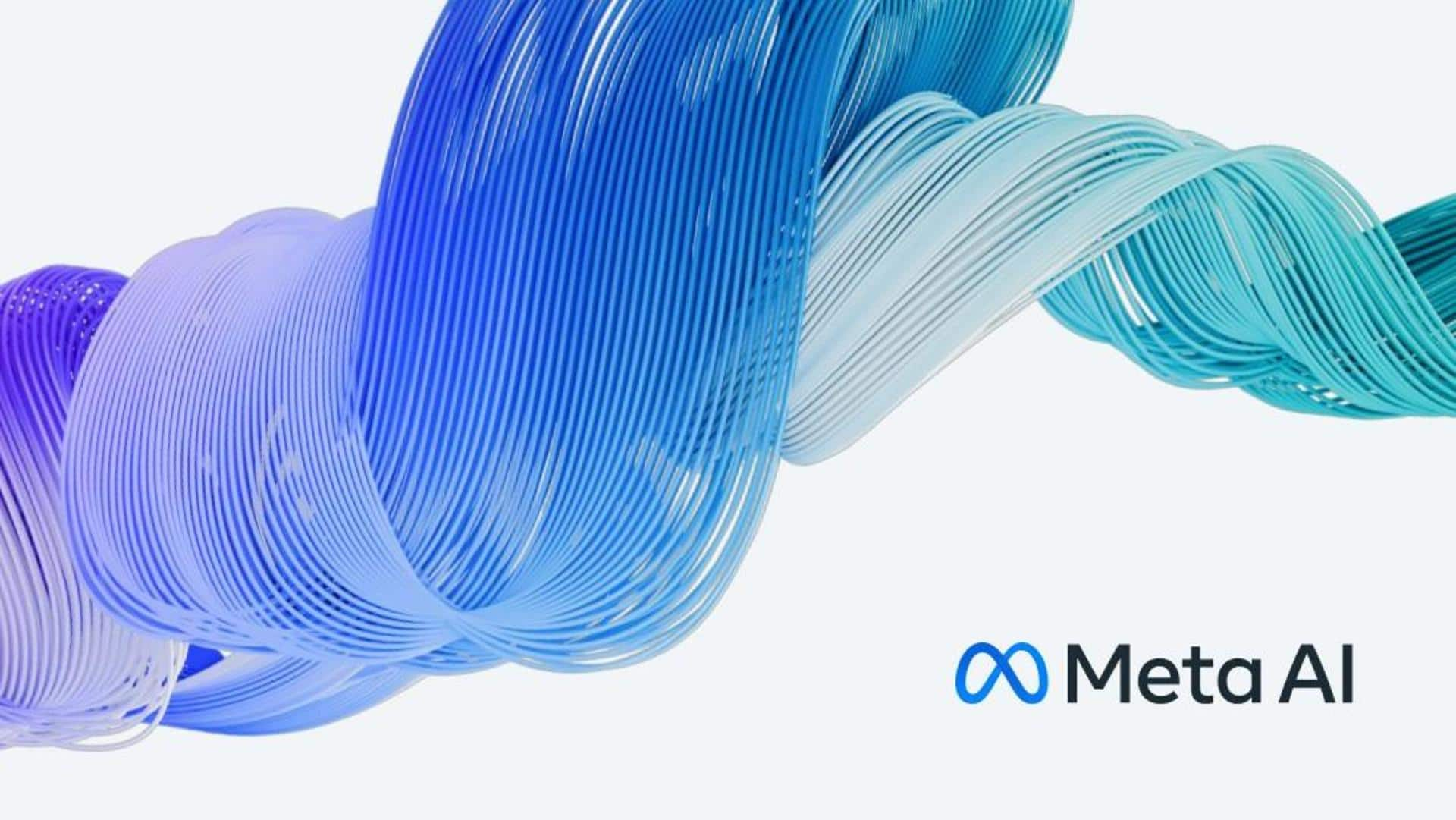
Mark Zuckerberg creates team to build AI-powered 'futuristic experiences'
What's the story
The generative AI hype train is still at the station, and Meta is the latest passenger to board it. CEO Mark Zuckerberg took to Facebook to announce that the company is creating a "top-level product group" to work on generative AI.
The company aims to build experiences around generative AI into its different products.
It recently announced its AI language generator called LLaMA.
Context
Why does this story matter?
Products or experiences based on generative AI aren't new. However, they became mainstream only after OpenAI's ChatGPT's success.
Now, everyone wants a piece of the lucrative pie. Meta, like others, does not want to be late to the party.
Its Metaverse bet is yet to pay off. With new revenue streams the need of the hour, Meta sees AI as an opportunity.
AI personas
New team will 'turbocharge' work in generative AI: Zuckerberg
Meta's new team is a combination of different teams working on generative AI. The new team's aim is to "turbocharge" the company's work in this area, Zuckerberg wrote.
The organizational change is expected to result in faster delivery of language and image models.
The team will be led by Ahmad Al-Dahle, VP of AI/ML. They will report to Chris Cox, the chief of products.
Goals
The company's long-term goal is to build 'AI personas'
The new product team will have short-term and long-term goals. The company's aim in the long term is to build "AI personas that can help people in a variety of ways."
Zuckerberg did not delve into more details about how its "AI personas" will help people.
Meanwhile, in the short term, Meta will focus on "building creative and expressive tools."
Conversation bots
Messenger and WhatsApp will get ChatGPT-like conversation bots
The effects of Meta's experiment with generative AI will be visible on WhatsApp, Messenger, and Instagram. Messenger and WhatsApp will get ChatGPT-like conversation bots.
AI-powered chat could be a fun experience for users. Instagram, on the other hand, will get AI-aided filters and ad formats.
Zuckerberg added that Meta is also experimenting with "video and multi-modal experiments."
LLaMa
Meta's LLaMA uses less computing power than other LLMs
Meta announced LLaMA (Large Language Model Meta AI) last week. Zuckerberg called it a "state-of-the-art AI big language model intended to assist academics progress their work."
The language model was trained content from 20 languages. LLaMA is a "smaller, more performant" model that uses much less computing power and resources than other language models.
It will be offered in different configurations.